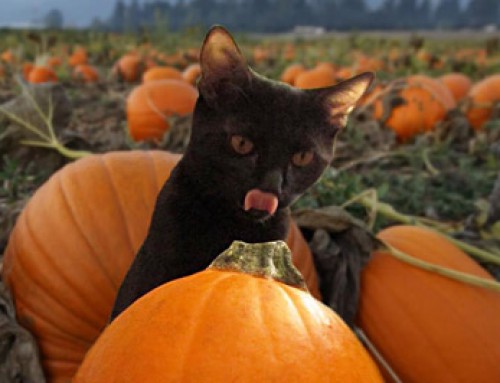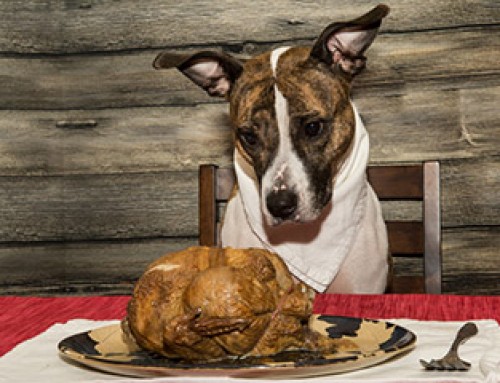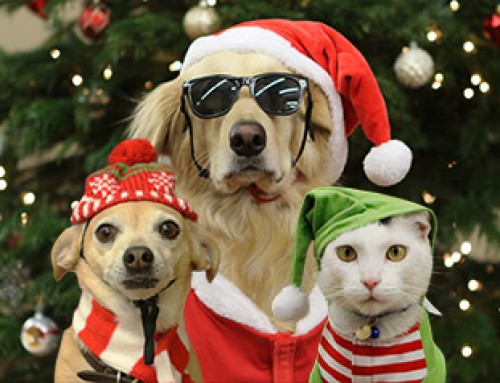- All pets should be kept indoors in a small, safe, and sheltered area where they cannot hurt themselves. Turn on the TV or radio to help muffle the sound of fireworks, or play calming music.
- Spend quality time with your pets and ensure they have access to their favorite toys, beds, food, and water.
- Distract your anxious pets by engaging them in play or keeping them active with activities they enjoy.
- It may seem contradictory, but avoid stroking, petting, or reassuring your cat or dog when they are nervous or scared, as this can reinforce their anxious behavior and exacerbate it.
- Animal shelters often experience a significant increase in stray pets around this time, as dogs and cats may panic and attempt to escape through doors, windows, or other openings in search of safety. It is crucial that all pets have some form of current identification.
- Do not leave pets outside unattended. Even dogs that are tied up can get hurt while trying to escape, such as by chewing, choking, or becoming entangled in their leashes.
- If you need to take your pet outside, make sure they are securely on a sturdy leash or in a carrier.
- Plan ahead and avoid waiting until the last minute to obtain medication from your veterinarian. Most veterinarians require that your pet have had a physical exam within the six-month period prior to prescribing any tranquilizers.




